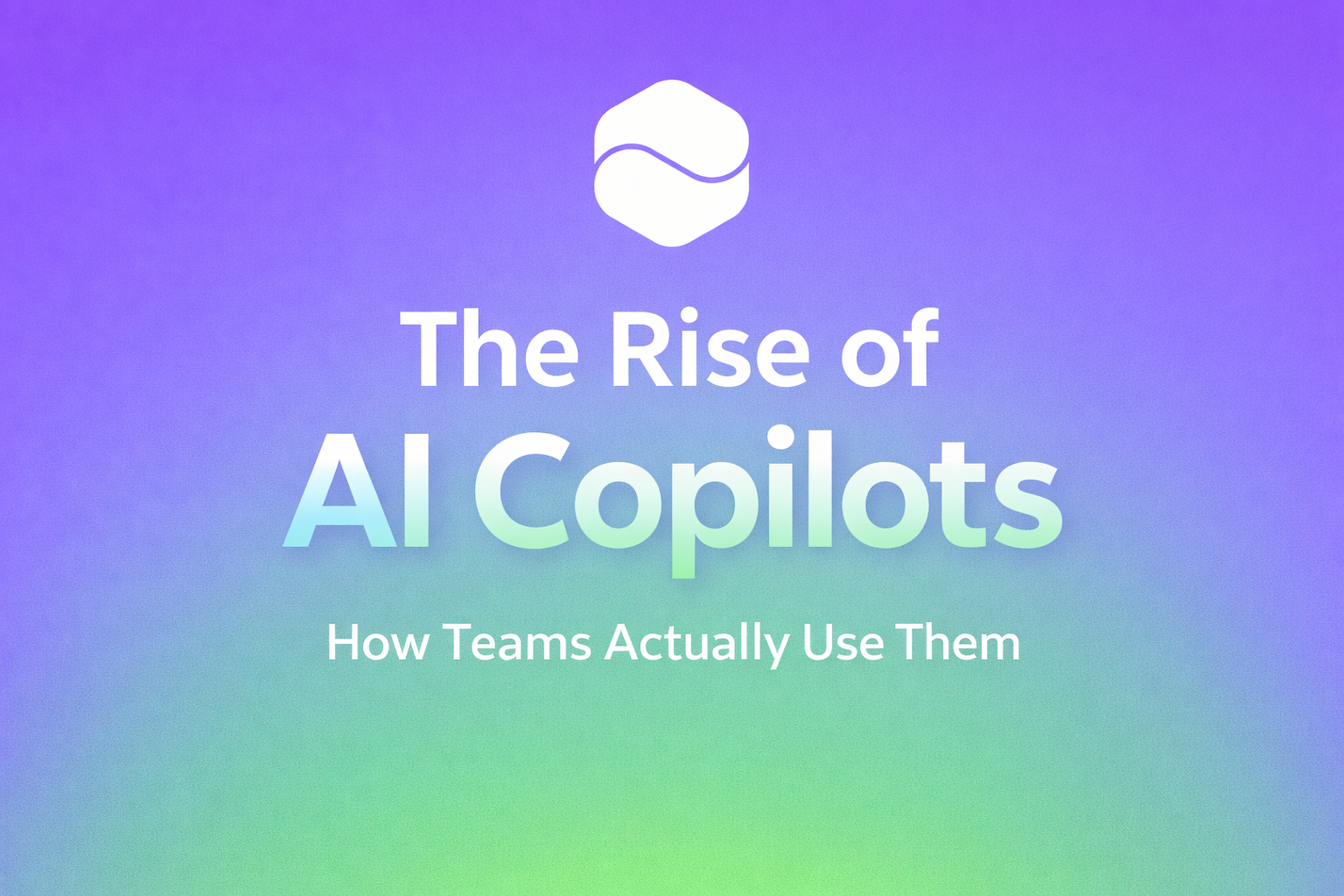Equity Basics for First Time Co-Founders

Valuing a brand new startup is always a tricky proposition, and the question of how to split equity among the co-founders can be an especially fraught subject. Splitting equity among the co-founders so that everyone receives their fair share and no one feels underappreciated is bound to be a challenge, but following some long-established rules can make the process easier.
It is easy for company co-founders to feel as if theirs is the first startup, even if deep down they know that is not the case. Even so, the first steps in establishing the ownership structure can be among the most challenging, and getting this vital piece of business wrong could have troubling implications for everything that follows.
Simply put, the distribution of equity in a startup is fundamental to the success of the business, and any errors made at this early stage are likely to hinder the future of the endeavor. So what factors should be considered when determining startup equity among the co-founds, and what kinds of mistakes should be avoided - here are some key things to consider as the process moves forward
One of the first things to know is that discussions about startup equity distribution should begin early, and leaving these things to fester is likely to create resentment later on. It is also important to realize that the key stake holders in the startup may include not only the co-founders themselves but also employees (especially early hires), advisors and investors.
Even so, it is the distribution among the co-founders that is the most critical to get right, and the most potentially fraught subject as well. When it comes to the distribution of startup equity among co-founders, there are two distinct schools of thought, and each one should be considered on its merits and reviewed in its turn.
The first school of thought for startup equity distribution holds that each of the co-founders should be granted an equal share in the company and an equal stake in its future success. The second school of thought holds that a weighted split is the best approach, and that more equity should be given to the co-founders who are deemed to be most deserving.
In the weighted approach to equity distribution among startup co-founders, it is vital that a mutually agreed upon set of criteria be established up front, as this is the best, and possibly the only, way to avoid later disagreements. If the criteria is not laid out ahead of time and agreed upon by everyone, any resulting split is almost guaranteed to be seen as unfair by someone, especially if the startup in question becomes highly successful and thus extremely valuable.
It is important to note here that there is no one right approach to startup equity distribution among co-founders. The equal distribution model may work perfectly well for one startup but be profoundly unfair for another. In determining the optimal model for equity distribution it is important to consider a host of factors, including the amount of work, capital and industry expertise each of the co-founders have brought to the table, as well as the expectations of each of the co-founders going forward.
In some cases it will be relatively easy to settle on the proper distribution of equity among the co-founders of a given startup. If the contributions of each of the co-founders are indeed roughly equal, it is obvious that an equal distribution of equity in the form of shares is the fair thing to do. There are many examples of this kind of startup, and many examples of this type of equity distribution.
It is equally important to consider the future of the company, even as the present of the firm continues to take shape. In their excitement and enthusiasm, it is easy for the co-founders of a startup to discount future problems, choosing to believe that their working and personal relationships will remain strong and that nothing will happen to destroy those relationships.
It is easy to believe these things, but that kind of naiveté is dangerous in the extreme. Instead of naively believing that nothing will go wrong, it is important for the co-founders of any startup to be realistic about the future, including both the good and the bad.
Putting processes in place from the start to control the distribution of equity in a fair and mutually agreed upon manner is the best way to avoid future disagreements. No matter which type of equity distribution model is used, it is important to lay out the rules by which that equity will be distributed, and equally important that all of those stipulations, rules and triggers are put in writing.
It is vital to put in place clauses and provisions designed to protect the startup in the event a conflict should arise between the co-founders of the company. Having this information codified in writing is the best defense against not only interpersonal and professional conflicts but unforeseen departures as well.
Knowing what will happen in terms of equity distributions, buy out provisions and so on in the event of a co-founder departure can be vital to not only the future growth of the startup but its very survival. In creating these clauses and provisions it is helpful to view the subject in terms of personal relationships. Both the distribution of startup equity among co-founders and the establishment of rules and stipulations can be viewed in terms of both professional and personal relationships - personal relationships that allow the firm to run smoothly in the present and professional relationships that will provide the metrics for future growth.
In determining the proper path for equity distribution among co-founders, it is helpful to consider a number of key points and ask a series of vital questions, including:
• Has one or more of the startup co-founders shown more commitment to the business and performed more work in getting it off the ground?
• Has one co-founder been willing to sacrifice more or work forlittle or no pay during the initial phases of the business? Are thosesacrifices deserving of a higher equity stake now that the firm is more successful?
• Is the level of risk each co-founder has taken and is taking roughly equal, or is one party taking more risk than the other? Could one or more of the co-founders have been earning considerably more money elsewhere,and have they sacrificed that earning power to the benefit of the startup in question?
These are just some of the factors to consider, of course, and it is important for each startup company to review the answers to these questions carefully. At first blush an equal distribution of startup equity may seem the most fair, but the real world is rarely that simple, and there are always additional things to consider.
In the end there is no one right answer to distribution of equity among the co-founders of a startup. Each of the two schools - the equal distribution strategy and the weighted model - have their merits, and it is important for every new startup to consider the benefits and drawbacks of both options before moving forward.
What is critical, however, is that the rules governing the distribution of equity among the co-founders of a startup be clear, concise and clearly laid out in advance. Waiting until the startup is on the cusp of success, or at least the first round of funding, is bound to create disagreements that will ripple through the business. Worse yet, that kind of procrastination will divert important resources at a time when undivided attention is most vital. In the end proper planning is the most critical piece of the equity distribution puzzle no matter which model is ultimately agreed to.






